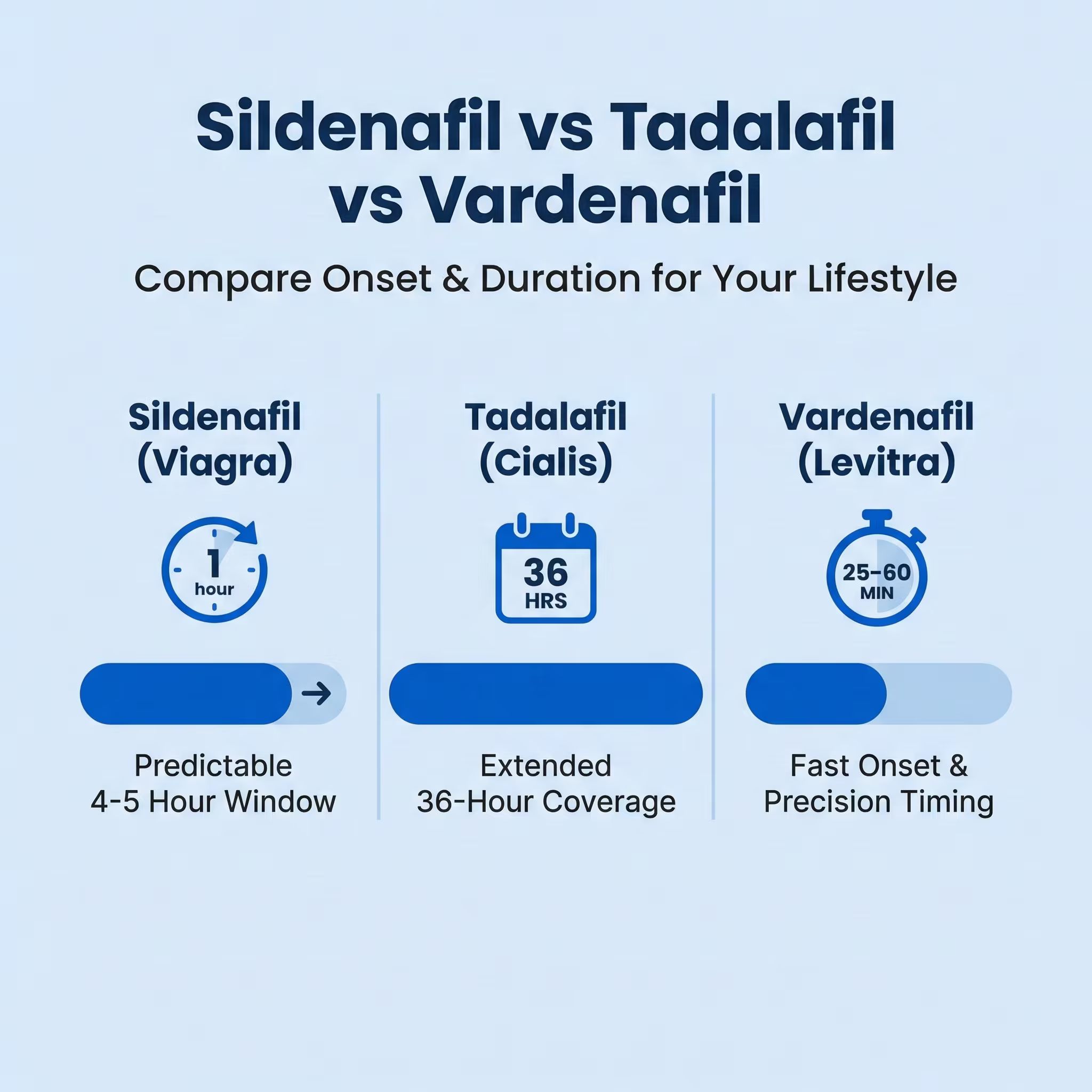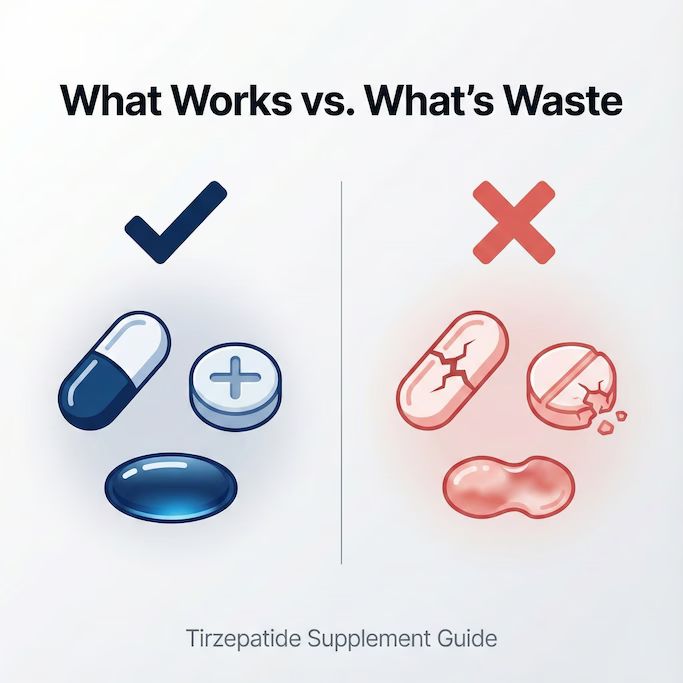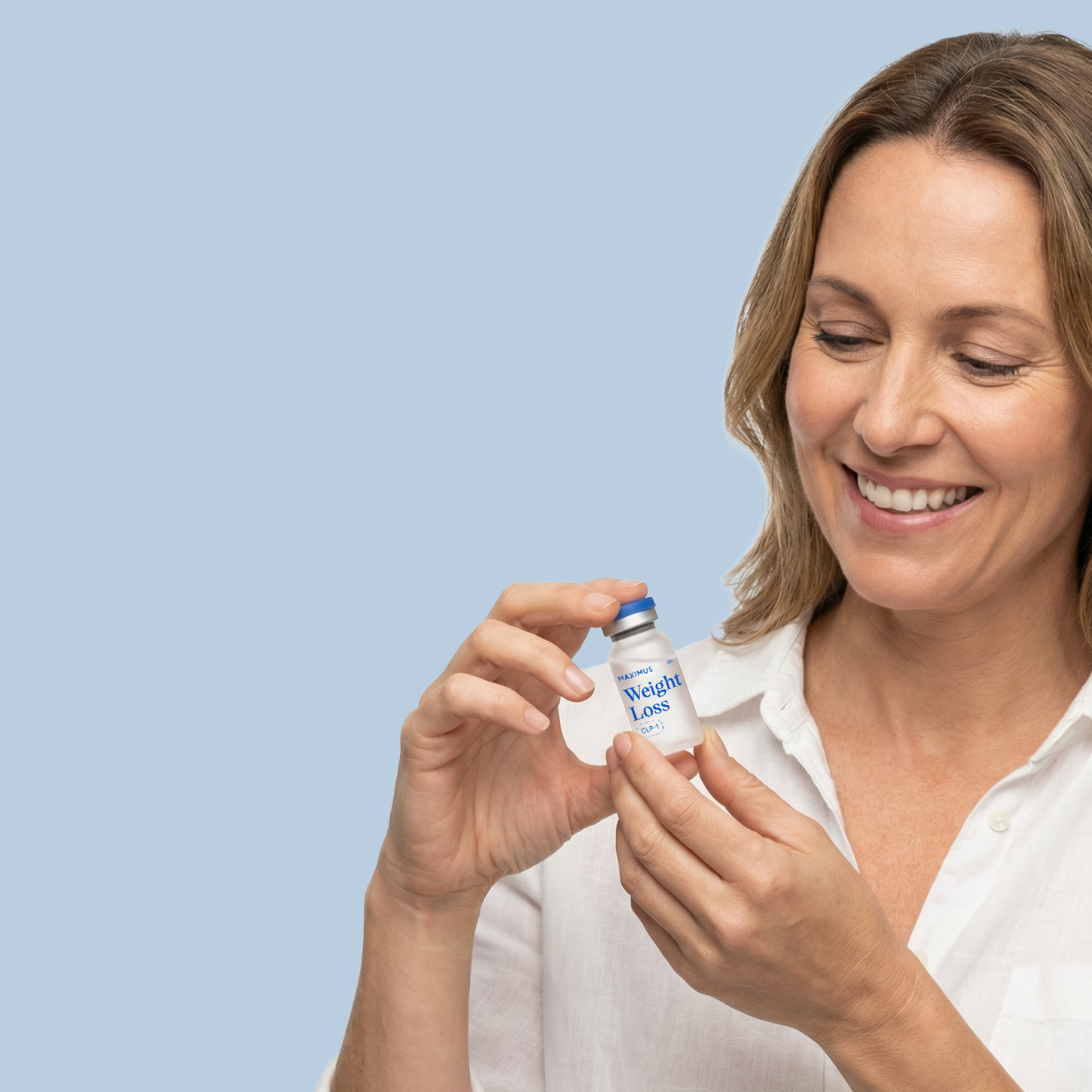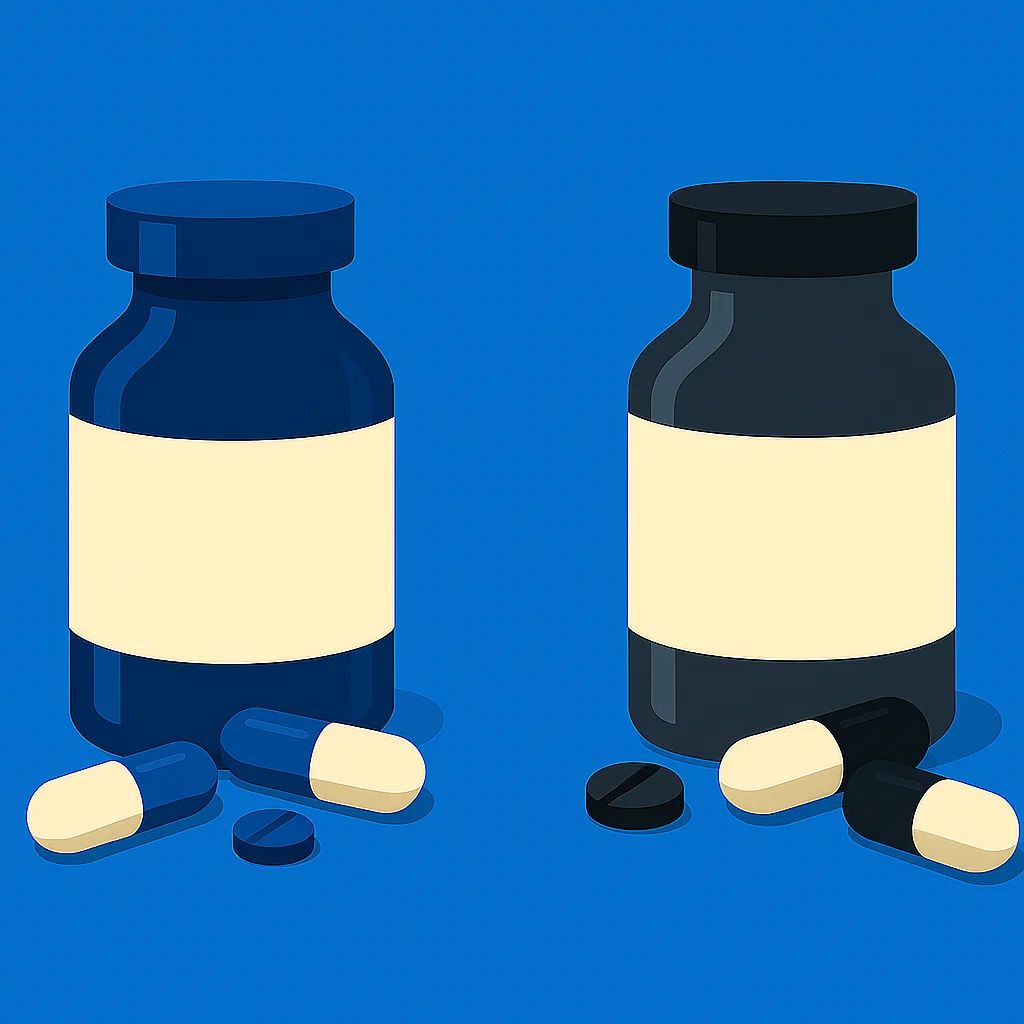No. TRT is not the same as taking steroids.
While both involve the hormone testosterone, the purpose, dosage, and medical oversight of testosterone replacement therapy (TRT) are entirely different from anabolic steroid abuse.
If you're researching TRT, it's essential to understand this distinction clearly—because the difference has major implications for your health, goals, and outcomes.
What is TRT?
Testosterone replacement therapy (TRT) is a medical treatment prescribed to men with clinically low testosterone levels. This condition, known as hypogonadism, can cause fatigue, low libido, reduced muscle mass, mood changes, and poor concentration.
TRT involves restoring testosterone levels to the normal physiological range—typically between 600 and 1,100 ng/dL—using FDA-approved formulations like injections, gels, or oral testosterone. It is always administered under physician supervision based on lab tests and clinical symptoms.
Why it Matters
Low testosterone doesn’t just affect sexual health or energy. It can also impair sleep, increase fat gain, reduce lean muscle, and even affect heart and metabolic health.
TRT is used to correct a medically diagnosed deficiency—not to build superhuman physiques.
Benefits of TRT (When Clinically Indicated)
- Increased energy and reduced fatigue
- Enhanced libido and improved erectile function
- Better muscle mass maintenance
- Reduced body fat
- More stable mood, confidence, and focus
These outcomes occur when testosterone is restored to a normal range, not when levels are artificially elevated.
Is TRT the Same as Steroids?
No. TRT is not the same as using anabolic steroids.
In medical terms, testosterone is a steroid hormone—but TRT is a therapeutic use, not abuse.
Here’s how they differ:
- Dose: TRT uses the amount needed to return testosterone to normal levels. Steroid users often take 3–10x more.
- Oversight: TRT is prescribed, dosed, and monitored by a physician. Steroid use is typically unsupervised and illegal.
- Risk: TRT, when monitored, is considered safe and effective. Steroid abuse increases the risk of infertility, cardiovascular damage, liver strain, and psychiatric issues.
Who It’s For
TRT is appropriate for men with clinically confirmed symptoms of low testosterone, typically defined as:
- Total testosterone <300 ng/dL
- Accompanied by symptoms like low libido, low energy, poor recovery, or mental fog
However, men can experience symptoms of low testosterone even when their total T levels are above the clinical cutoff of 300 ng/dL.
Fatigue, low libido, impaired recovery, and reduced muscle gains are often early signs of suboptimal androgen activity.
While conventional medicine defines “low testosterone” at <300, these symptoms can emerge well before that threshold—requiring a more personalized, functional approach to diagnosis and treatment.
Our POV
TRT should never be confused with steroid abuse. At Maximus, we take a medical, personalized approach to hormone optimization—treating symptoms, not numbers. Every treatment plan includes:
- Comprehensive lab testing
- Symptom-based evaluation
- Dose titration based on clinical response
- Continuous physician and care team oversight
We help patients feel like themselves again—no guesswork, no dangerous shortcuts.
This article is for educational purposes only and not medical advice. It is not a substitute for professional diagnosis, treatment, or medical guidance. Always consult a licensed healthcare provider before making decisions about your health. All treatments discussed should be used under the supervision of a qualified physician. Content reviewed by Maximus’ medical team and based on peer-reviewed research and clinical data.










